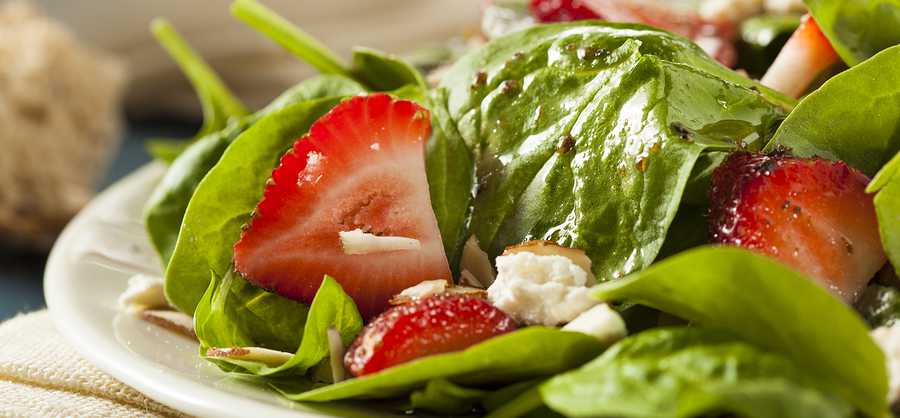Kidney stones can be extremely painful, and with an estimated one in 10 people developing a kidney stone at some point in their lives, according to the National Kidney Foundation (NKF), it's important to know their causes and how to prevent them. The preventive measures to avoid kidney stones will improve your health overall, so it pays off in more ways than one to develop awareness of this health condition.
What Are Kidney Stones?
Kidney stones occur when there are more chemicals in your urine than liquid. When there isn't enough liquid to wash them away, those waste elements -- calcium, oxalate, urate, cystine, xanthine, and phosphate -- crystallize and combine until a stone forms. Kidney stones can cause painful irritation or blockages in the kidney or urinary tract.
Symptoms of Kidney Stones
Kidney stones can be as small as a grain of sand or as large as a golf ball. Unsurprisingly, larger stones usually cause more intense symptoms.
According to the NFK, symptoms of a kidney stone include one or more of the following:
- Severe pain on either side of your lower back
- More vague pain or a stomachache that doesn't subside
- Blood in the urine
- Nausea or vomiting
- Fever and chills
- Strong-smelling or cloudy urine
Your doctor will determine the size, shape, and position of the kidney stone with an X-ray.
After contracting one kidney stone, you have a 50 percent higher chance of developing another stone within five to seven years, according to NKF.
Typical Treatment
The most common treatment, as painful as it might be, is to let the stone pass on its own. You can help this process along by drinking plenty of water. Your doctor may also prescribe medication to make your urine less acidic.
However, if the stone is too large to pass, stops up your urine flow, or causes an infection, your doctor may remove the stone with surgery.
Kidney Stone Prevention Tactics: It's All About Your Diet
An ounce of prevention is worth a pound of cure, and that goes twice for kidney stones. It all comes down to what your put in your body:
- Consume calcium- and oxalate-rich foods. It's a common misconception, according to the NKF, that calcium and oxalate should be avoided, since the two substances make up the bulk of kidney stones. However, the NKF maintains that you should consume the substances together during meals so that the two bind together in the stomach and intestines before your kidneys play their part. Try combining food such as calcium-rich dairy and leafy greens with oxalate-rich spinach or sweet potatoes.
- Limit sugary foods and drinks. Consuming too much fructose from products containing refined sugar and high-fructose corn syrup increases your risk of developing a kidney stone.
- Eat more fruits and vegetables, especially citrus. Fruits and vegetables make your urine less acidic, which lowers your risk for stones. Natural citrate from citrus fruits helps prevent calcium from binding with other chemicals to form stones.
- Limit animal protein. Animal protein -- particularly red meat, organ meat, and shellfish -- produces more acidic urine, which encourages kidney stones.
- Reduce salt. Too much salt can lead to stones, so limit salt intake -- not just from obvious sources like potato chips and French fries but from deli meats and processed foods (canned soup, condiments, prepared/frozen meals), as well.
- Stay hydrated. Drink plenty of water; eight glasses a day is generally recommended, but check with your doctor.
"What are kidney stones?" This question might be less important than knowing what dietary changes you can take to avoid them altogether. No one wants to face the pain involved from passing kidney stones or the potential hospital stay that may be required to treat them, so consider implementing the aforementioned dietary changes, which will benefit your overall health, as well.




